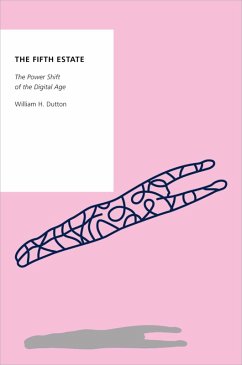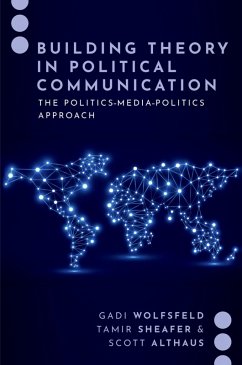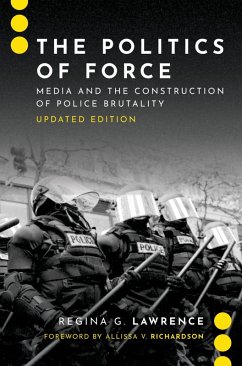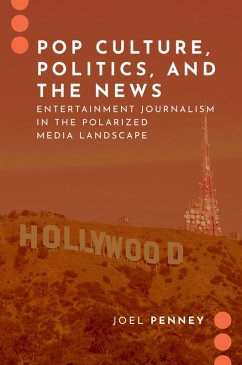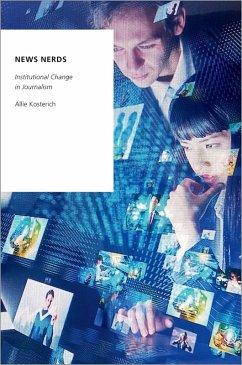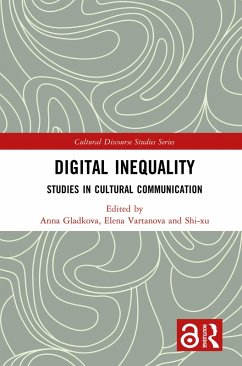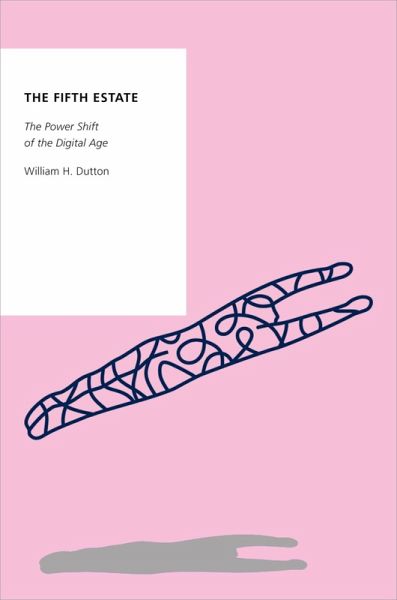
The Fifth Estate (eBook, ePUB)
The Power Shift of the Digital Age
Versandkostenfrei!
Sofort per Download lieferbar
13,95 €
inkl. MwSt.
Weitere Ausgaben:

PAYBACK Punkte
7 °P sammeln!
In the eighteenth century, the printing press enabled the rise of an independent press--the Fourth Estate--that helped check the power of governments, business, and industry. In similar ways, the internet is forming a more independent collectivity of networked individuals, which William H. Dutton identifies as the Fifth Estate. Their network power is contributing to a more pluralist role of individuals in democratic political processes and society, which is not only shaping political accountability but nearly every sector of society. Yet a chorus of critics have dismissed the internet's more d...
In the eighteenth century, the printing press enabled the rise of an independent press--the Fourth Estate--that helped check the power of governments, business, and industry. In similar ways, the internet is forming a more independent collectivity of networked individuals, which William H. Dutton identifies as the Fifth Estate. Their network power is contributing to a more pluralist role of individuals in democratic political processes and society, which is not only shaping political accountability but nearly every sector of society. Yet a chorus of critics have dismissed the internet's more democratic potentials, demonizing social media and user-generated-content as simply sources of fake news and populism. So, is the internet a tool for democracy or anarchy? In The Fifth Estate, Dutton uses estate theory to illuminate the most important power shift of the digital age. He argues that this network power shift is not only enabling greater democratic accountability in politics and governance but is also empowering networked individuals in their everyday life and work, from checking facts to making civic-minded social interventions. By marshalling world leading research and case studies in a wide range of contexts, Dutton demonstrates that the internet and related digital media are enabling ordinary individuals to search, create, network, collaborate, and leak information in such independent and strategic ways that they enhance their informational and communicative power vis-à-vis other actors and institutions. Dutton also makes the case that internet policy interventions across the globe have increased censorship of users and introduced levels of surveillance that will challenge the vitality of the internet and the Fifth Estate, along with its more pluralist distribution of power. Ambitious and timely, Dutton provides an understanding of the Fifth Estate and its democratic potential so that networked individuals and institutions around the world can maintain and enhance its role in our digital age.
Dieser Download kann aus rechtlichen Gründen nur mit Rechnungsadresse in A, B, BG, CY, CZ, D, DK, EW, E, FIN, F, GR, HR, H, IRL, I, LT, L, LR, M, NL, PL, P, R, S, SLO, SK ausgeliefert werden.




